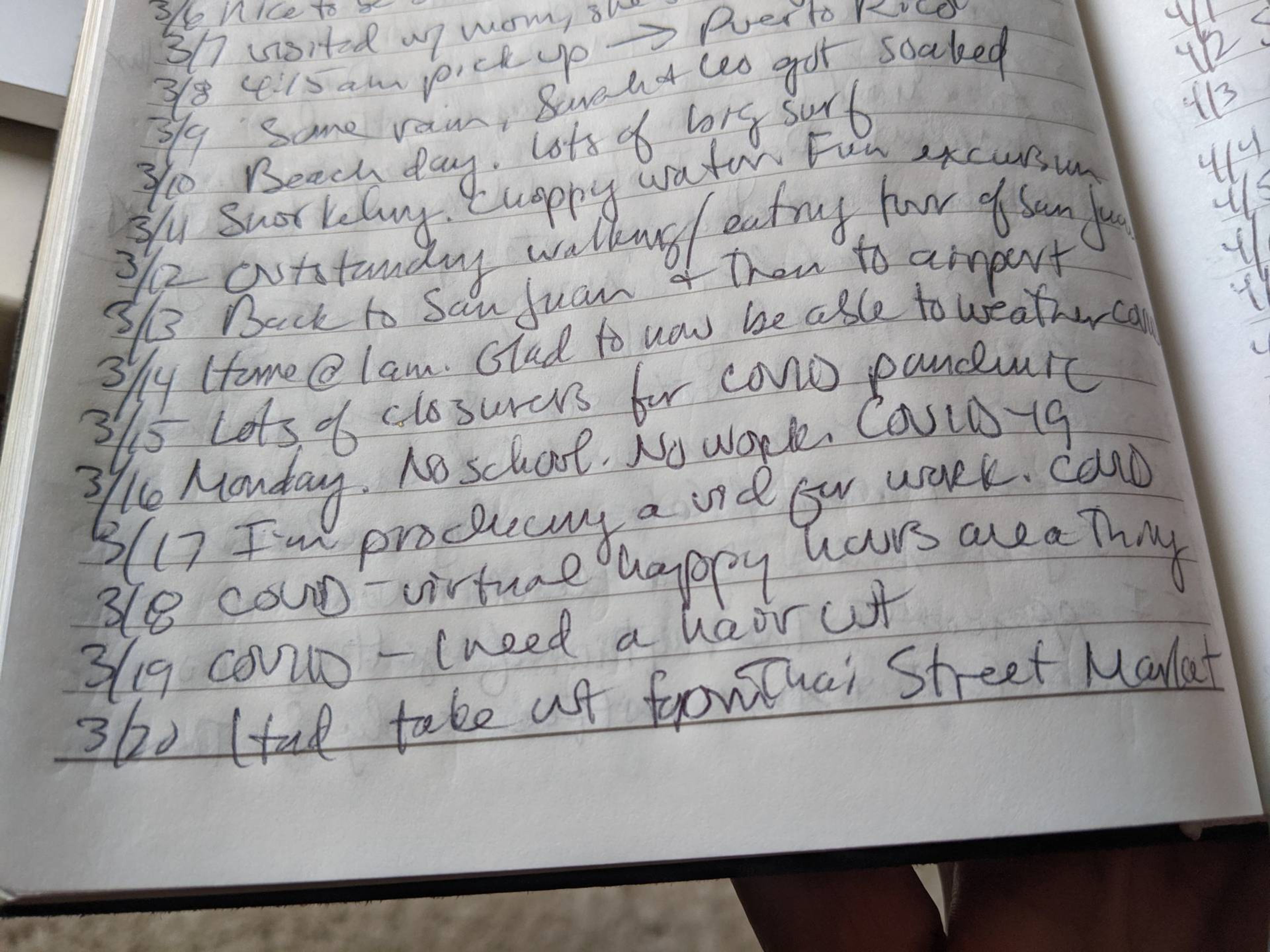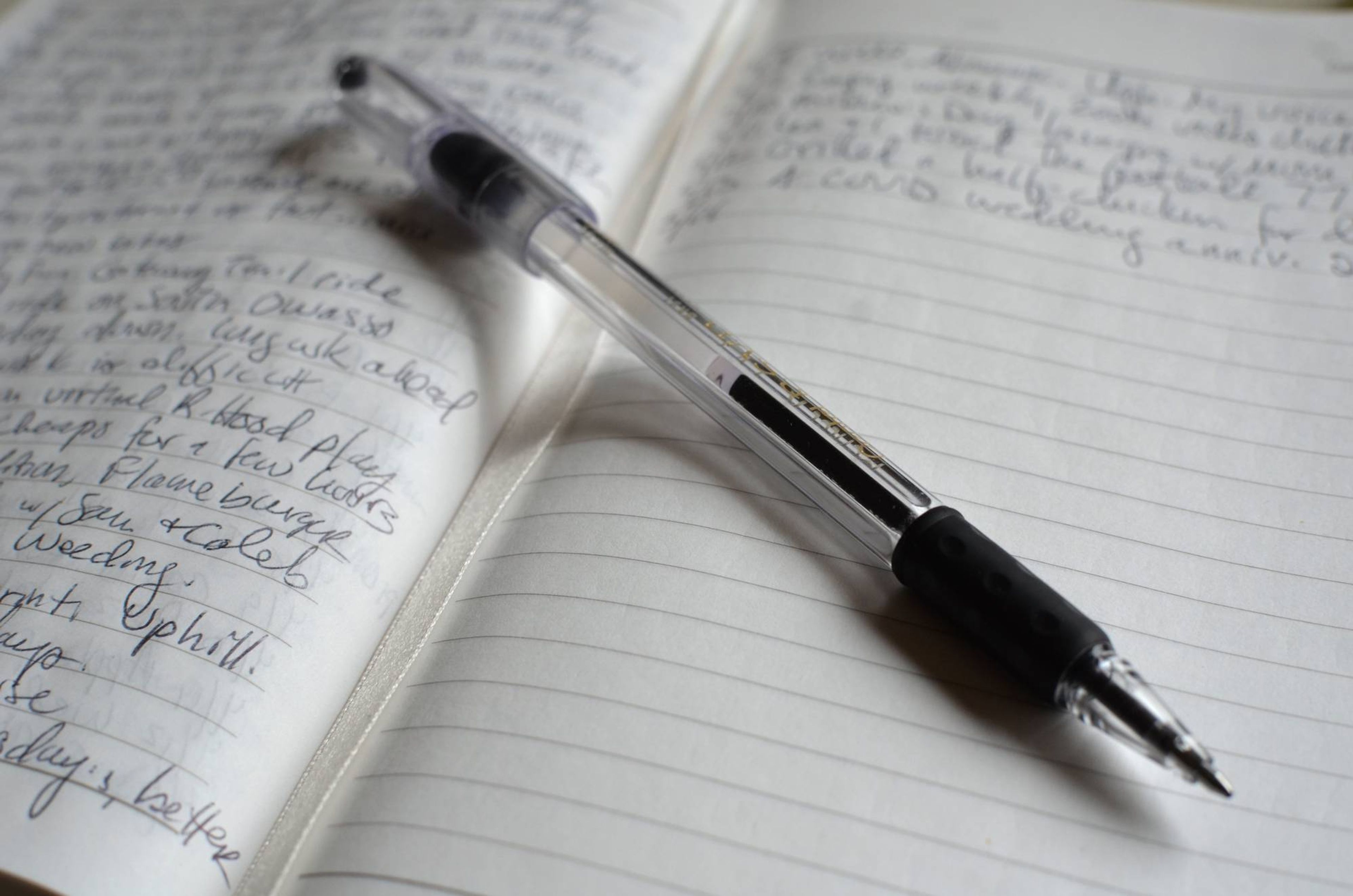Today is an important day in your history. Record it.
We - you, me, our neighbors, everyone around you - is living history. Just pause for a moment and contemplate the fact that future historians, scholars and students will study how we act and react in this precise moment in time. No doubt, the pandemic will go into the history books with a slew of statistics and dates attached to it: the number of COVID-19 cases and deaths, the dates U.S. states officially declared an emergency and the date the country returned to its pre-pandemic normal. One day, our grandchildren's teachers will lecture students on the coronavirus' grip on the world - and those students will later spend hours memorizing the details for an end-of-unit exam.
True or false: The first confirmed case of COVID-19 was discovered in the United States in 2019.
But as our grandchildren search for wisdom from this history-in-the-making, what do we want them to glean? After all, the students of the future will likely want to know more than the dates, the numbers, the percentages; they'll crave an understanding of the essence of the matter. They'll ask us to share stories, thoughts and reflections.
What will we remember? What will we be able to share?
KEEPING TRACK OF DETAILS DURING SELF-QUARANTINE

Every day is blending into the day before it. With few outside events distinguishing this Wednesday from last Wednesday, how can we begin to record the stories that future generations may want to learn about? If social media is still around, one could easily look up that post from March 20, 2020 - or if you're keeping a journal, like I have, then you know that you, like me, brought home take-out from a local Thai restaurant. Not a significant detail on the surface, but one that might spur an avalanche of additional comments and memories. I, for one, will be able to talk about how lucky I was to still have a job and, because of this good fortune, my family was able to order take-out from a local restaurant once each week. I'll also be able to remember that my daughter really loved Thai food when she was 15-years-old. So, there you have it: We ordered Thai food for dinner on March 20, 2020.
WRITE THINGS DOWN. YOU WON'T REGRET IT.
I'll be able to go into this sort of depth because I keep a line-a-day journal. This isn't a new thing for me. I've made this my habit since February 25, 2008, when that same daughter said, as a three-and-a-half-year-old, "I scarcely fell" as she stumbled on the stairs at the YMCA. Such a small person's use of the word "scarcely" struck me as a detail worth remembering, so I wrote it down. Her mom, it turns out, was reading Peter Pan to her at this time, and she picked up the word as she listened to the old-style English language wrap around the adventurous story of the boy who refused to grow up. My daughter did, indeed, scarcely fall on February 25, 2008. She had it exactly right.
Every night since then, I've sat down to jot down a line. It's not always important or memorable, but it is something that will share a little bit of who I am to whomever sits down to page through my journal one day in the future. My topics are rooted in my everyday experiences: what we had for dinner, how the grass seed is coming in, when the dog got loose, the movie I saw, the bike ride I took. My hope is that everything wrapped together will give a family member a sense of who I am, or was.

Some notable entries from the past few months may seem mundane now, but in the future, when this period of pandemic is in the rearview mirror? They may reveal the details that otherwise get lost.
- April 7, 2020 - every day is the same, this is fine, we are healthy
- April 27, 2020 - another Monday down, a long week awaits
- May 9, 2020 - enjoying weekly Zoom calls with high school gang
It's only one line. But the prompt each one of these statements provides will allow me to take anyone who wants to listen down a path that better explains these historic days.
Instead of using the act of writing as a cathartic exercise, I've opted to write about the details of my day. In this vein, the Minnesota Historical Society has started to collect a sort of online scrapbook of stories from the public. To learn more about why this is important, I sat down with Kent Whitmore, the Executive Director of the Minnesota Historical Society.
Find yourself keeping a journal during these strange days? The Minnesota Historical Society is currently accepting user submitted stories - and the details of your day could become directly woven into the annals of history.
If words aren't your preferred way of documenting your life, then follow artist Mary Jo Hoffman's advice: Try creating a visual journal. In her case, that means collecting natural elements from the outdoors and assembling them into collages. For her, the journals are "not precious, they’re little libraries of material I can refer to."
During a time when musicians and performers of all stripes are offering musical interludes from balconies and porches, revisit a time in history between the world wars when local communities gathered in Minneapolis parks to sing together in unison.
